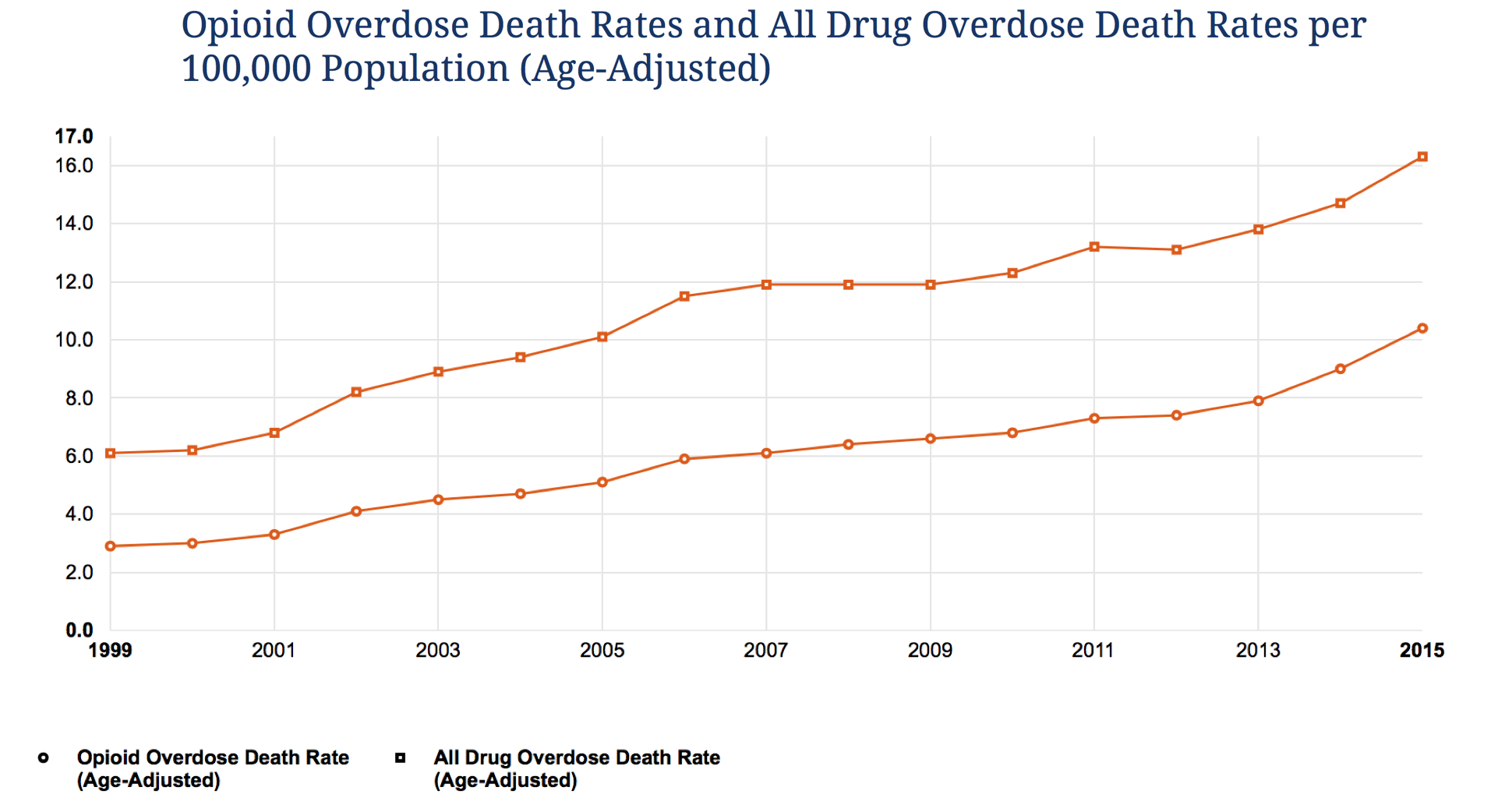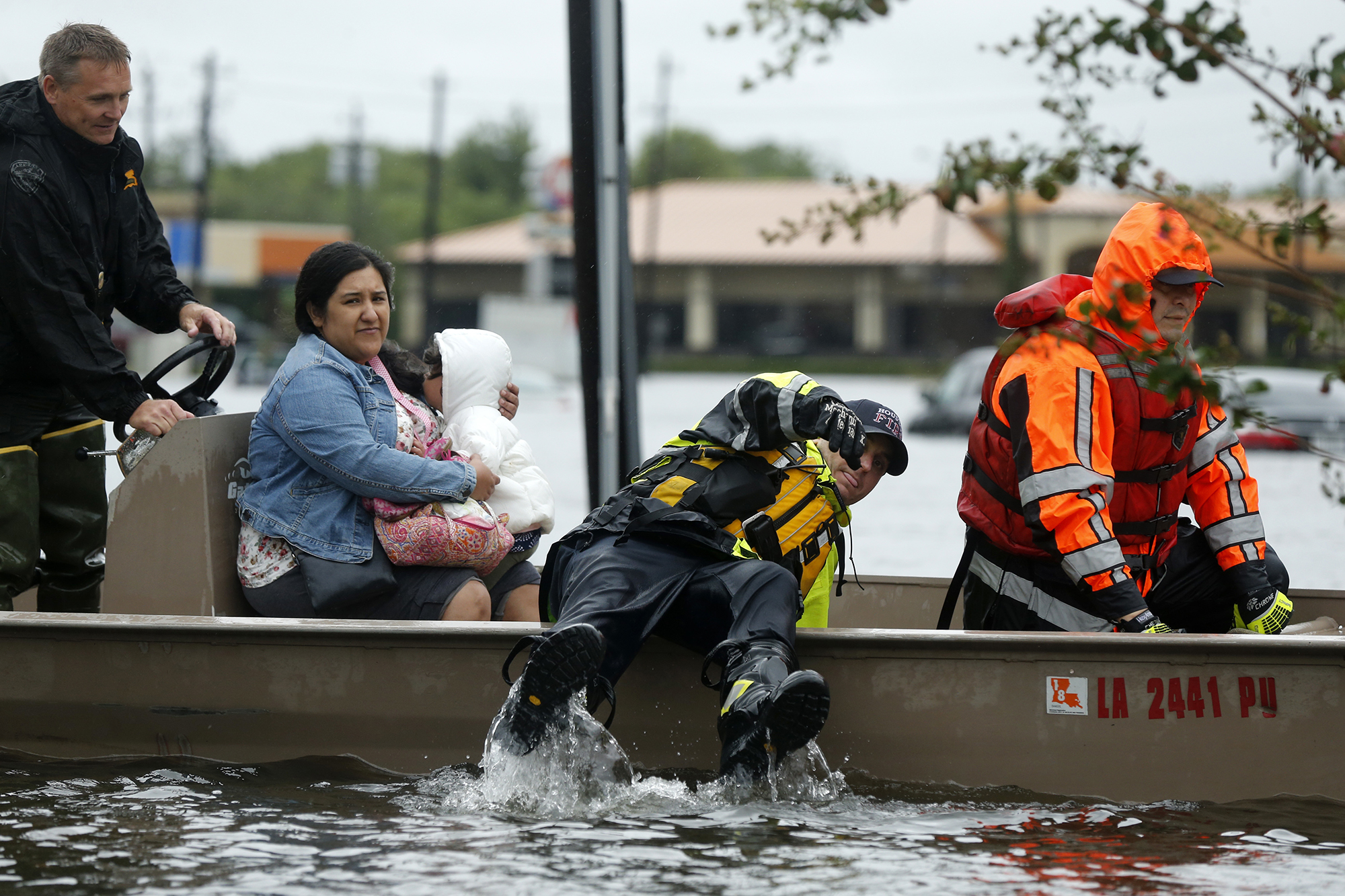Hurricanes Harvey and Irma are reminding us, with excruciating lucidity, just how tenuous the everyday can be. When catastrophe strikes, the search for food, potable water, and a roof instantly becomes an all-consuming task, alongside every other conceivable human need: a bed, a shower, diapers for the babies, tampons for the women.
Except that tampons are almost never mentioned.
Get TalkPoverty In Your Inbox
Americans have an abiding discomfort, bordering on revulsion, toward any discussion of menstruation. In discourse both public and private, this most human of bodily functions is treated as secret and shameful, a demi-illness that must be concealed if the sufferer is to have any hope of being taken seriously in functional society. God forbid a man catch you with a tampon in your hand.
Even as our generosity is called upon to help meet the daily needs of hurricane survivors, though, the specific needs of menstruating people are largely forgotten. Some organizations, such as food and diaper banks, include requests for period supplies in their appeals; a handful of menstruation-specific nonprofits exist; and there have been occasional media mentions, but these are by far the exception rather than the rule. For the most part, the parts of being a victim that are deemed unpleasant are studiously ignored.
Of course, for many Americans, it doesn’t take a natural disaster for the everyday to become tenuous. The poor, the homeless, the unemployed, and underemployed must regularly choose between school supplies or winter coats, diapers or tampons.
Depending on type, brand, and coverage, tampons and pads cost roughly $6 to $9 for a package of about 40, which any menstruator can tell you may not even last a month. Four weeks later that expense comes by again, to the tune of $70 to $110 a year before sales tax. For people who make $15,000 working full time at a minimum-wage job, that’s the kind of expense that can easily mean the difference between paying a bill or defaulting.
In recent years a movement has emerged to lessen this burden by eliminating sales taxes on period supplies; recently enacted laws to that effect are both hugely welcome and not remotely sufficient. What’s really needed, nationwide, is something akin to the law passed last year in New York City providing tampons and pads free of charge at schools, shelters, and correctional facilities—a move echoed by the federal government in late August, when it issued a recommendation that all federal penitentiaries do likewise.
Because lest we forget, period supplies are not optional. At the end of the day, pads and tampons serve one purpose: to contain menstrual fluid. With nothing to stop it, the combination of vaginal secretions, uterine lining, and (yep) blood can become a powerful mess. It’s a feature of the human reproductive system, not a bug—half of human bodies were designed to function this way. Forgetting that humans need period supplies is like forgetting that they need toilets (and then shaming them for urinating).
Girls and women (and some trans boys and trans men) who can’t readily meet this need are forced to make do however they can, often resorting to inappropriate or fundamentally unsanitary solutions that threaten their health, fertility, and basic ability to get things done—it’s hard to focus in math class or on the job if you know you’re bleeding all over your chair. That’s why Human Rights Watch recently released a report recognizing that menstrual hygiene is in fact not just a question of finances, but a human right.
We are right to open our hearts and our wallets to those who have had to watch as all they hold dear is literally washed away. No matter the weather, families always need food, babies always need diapers, and people who menstruate always need pads or tampons.
But what is true for the survivors of hurricanes is also true for the survivors of poverty. The deeply held misogyny that prevents us from treating female bodies as normal intersects with our dehumanization of poor people, and it prevents us from seeing that need (much less meeting it).
As we struggle to build a world that’s fairer for everybody who lives in it, it’s not enough to consider only the bodies we feel comfortable talking about. Whether rising to the challenge posed by natural disasters or acting to mitigate the unnatural disaster of poverty, we must begin to acknowledge the full humanity of all affected, reproductive organs included.












